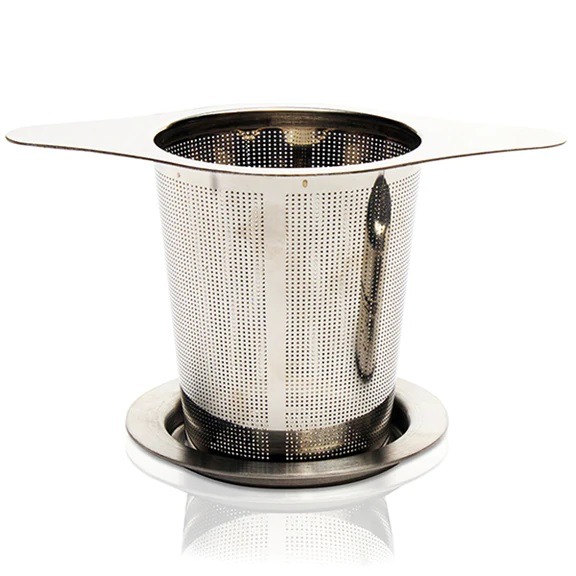Caffeine in Black Tea, Green Tea, White tea, and Tisanes compared to coffee.
Caffeine is a naturally occurring stimulant found in various beverages, including tea and coffee. Tea is the second most consumed beverage in the world, after water, and comes in various forms, such as black, green, white, and oolong. While tea is often praised for its health benefits, it is important to understand the caffeine content in different types of tea and how it compares to caffeine in coffee.
Learn about decaffeination in tea here and how to decaf your favourite tea at home
Caffeine content in tea can vary greatly, depending on the type of tea, the brewing method, and the amount consumed. For example, black tea typically has a higher caffeine content than green tea or white tea.
According to the Food Standards Australia New Zealand, a standard 250ml cup of
– black tea contains between 25 to 110 milligrams of caffeine,
– green tea contains between 10 to 50 milligrams of caffeine,
– white tea contains between 6 to 60 milligrams of caffeine.
In comparison, a standard 250ml cup of brewed coffee contains between 80 to 100 milligrams of caffeine, according to the Australian Coffee Traders Association. It is worth noting that coffee also comes in various forms, such as espresso, instant, and decaffeinated*, which can greatly affect the amount of caffeine present in a cup. (* considered to be zero or close to zero mg of caffeine).
It is also important to note that herbal teas, also known as tisanes, do not contain caffeine. Tisanes are made by steeping herbs, flowers, or other plant material in hot water. Popular tisanes include chamomile, peppermint, and rooibos. The Art of Tea has many herbal options which and are also organic. Since these teas do not contain caffeine, they are a great alternative for people who are sensitive to caffeine or who are looking to reduce their caffeine intake. Read out blog on rooibos here
Caffeine affects the body by blocking the action of adenosine, a neurotransmitter that promotes relaxation and sleepiness. When caffeine blocks adenosine, it promotes the release of other neurotransmitters such as dopamine and norepinephrine, which increase alertness, focus, and mood. This is why caffeine is often consumed to combat fatigue and increase productivity.
However, caffeine can also have negative effects on the body, particularly if consumed in excess. High doses of caffeine can cause anxiety, jitteriness, insomnia, and an increased heart rate. Additionally, caffeine can interfere with sleep quality, which can lead to a variety of health problems, including mood disorders, impaired cognitive function, and an increased risk of developing chronic diseases such as obesity, diabetes, and heart disease.
For this reason, it is important to consume caffeine in moderation, and to be aware of the caffeine content in tea and other beverages. If you are sensitive to caffeine, or have a pre-existing medical condition that could be exacerbated by caffeine, it may be best to limit your caffeine intake or avoid it altogether.
While tea can be a healthy beverage choice due to its antioxidants and other beneficial compounds, it is important to understand its caffeine content and how it compares to caffeine in coffee. By consuming tea in moderation and paying attention to your body’s response to caffeine, you can enjoy the many health benefits of tea without the negative effects of excessive caffeine consumption.
In conclusion, caffeine content in different types of tea can vary greatly, with black tea typically containing more caffeine than green or white tea. Coffee contains significantly more caffeine than tea, but it also comes in various forms that can greatly affect the amount of caffeine present in a cup. Tisanes do not contain caffeine, making them a great alternative for people who are sensitive to caffeine or who are looking to reduce their caffeine intake. It is important to consume caffeine in moderation and be aware of the potential negative effects on your body.
NOTE: In this blog “white tea” is a premium tea type from the Camelia sinensis plant brewed carefully at a lower temperature and prized for it’s unique and delicate flavours and highly regarded health benefits. This blog does not discuss the addition of milk in tea. FYI, the addition of milk in tea does not diminish or change the effects of caffeine.
Disclaimer: The information provided in this blog about the caffeine content in tea and coffee is for educational purposes only and general in nature and is not intended as a substitute for professional medical advice, diagnosis, or treatment. It is important to consult with a healthcare professional before making any changes to your diet or lifestyle. The author is not responsible for any errors or omissions or for the results obtained from the use of this information

